Home>Data Storage>SSD>13 Top Applications To Run An SSD Speed Test
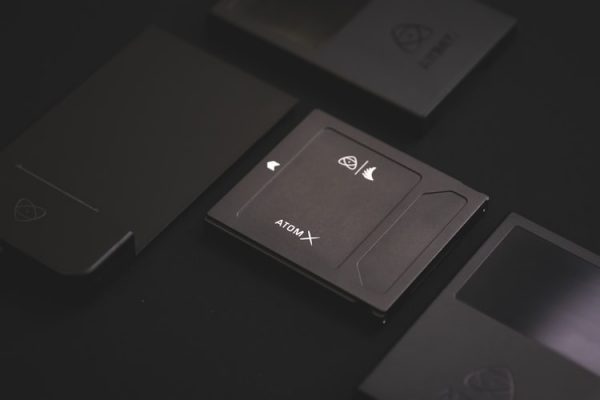

SSD
13 Top Applications To Run An SSD Speed Test
Modified: December 6, 2023
SSD app testing is an IMPORTANT aspect to ensure high performance. Check out the popular SSD test apps to analyse the SSD health & performance instantly.
(Many of the links in this article redirect to a specific reviewed product. Your purchase of these products through affiliate links helps to generate commission for Storables.com, at no extra cost. Learn more)
Solid State Drives or SSDs are different from the Hard Disk Drives. They are faster (proven by SSD Speed test), better, reliable, and consume less power. Due to this, SSDs are more popular than HDDs today. SSDs are faster because all the sectors on the disk can be accessed at once. There is no seek time and latency to slow the process down.
Where the read time of the SSDs is higher, their write speed is relatively lower. In this excerpt, we are going to know how to test SSD Speed and what are the best applications for testing.
What Causes The SSD To Lag?
It is common to experience a slowdown in the SSD speed with time. This lag in performance is not sudden, but rather gradual.
Read more: 20 Best SSD For Gaming PCs
TRIM And Blocks Usage
With SSDs, the data is stored in blocks. When a new fragment is saved on it, a block is created, and the information is stored in it. As more data is written on the disk, the blocks get filled up. To write this data, SSDs use TRIM. TRIM locates empty blocks, deletes the previous data, and stores new data in that place. However, when space fills up, TRIM does not find any blocks to fill in the data. This causes a lag in performance.
Another issue is that TRIM stores data in 4KB and 8KB; however, it deletes the data in 256KB. This means that in this exercise, some blocks may go empty, which will not be filled. SSDs cannot utilize this empty space to write new data. They will have to delete the entire block. So, this may be another reason for slow performance.
Some Functions Are Disabled
You should also look at whether the ACHI mode in BIOS is enabled or disabled. Enabling the ACHI mode is vital to ensure that the SSD performs optimally. Other than this, if the Onboard VGA is enabled in the system, it can also lead to a lag in the SSD performance. VGA impacts the boot speed of the computer.
Possible Solutions For The Lagging SSDs

Lagging SSDs causes a wide array of problems. SSD are beneficial to the network and the CPU both. As they are faster and do not incur any seek time lag or latency lag, SSDs can perform faster in Input and Output functions.
For larger enterprises, they can put more workload on the drives without having to worry about the lag. However, even if you have installed the state of the infrastructure to secure the network and ensure a fully virtual environment. There are a few other solutions that can help enhance the SSD performance.
To solve the SSD lagging issues, first, you need to run the SSD speed test with the help of an application. Once it is done, the way forward will depend on the report.
However, some standard measures that you can take include:
- Checking the TRIM Command
- Try to Optimize the drivers.
- Toggle the ACHI mode and enable it.
- Along with this, you can also try to disable the Onboard VGA
- Inspect the SATA cable.
- Lastly, run a firmware update.
Difference Between SSD And HDD
Technology is ever-evolving, that is true. Yet, we have the HDD technology blooming in the industry from the last 50 years. One of the reasons is that the HDDs are improvised continuously.
Read also: 14 Best Ssd Storage For 2024
How Do HDDs Work?

Their size in reducing the storage capacity is traveling up the hill. In technical terms, HDDs work with spinning disks and platters. These platters are responsible for reading and writing the data. The platters on an HDD have concentric circles, which are called Tracks. Further, when you segment the tracks into units, they become sectors. Now, this unit and sectors have a unique identity. Whatever data is stored on the HDD is stored and located via the individual address. Simple yet effective.
How SDDs Work
SDDs do not have platters and sectors, and all that, they have blocks and grids. Let’s see how they work. Well, first understand that the SDDs have no moving parts. Due to this, they last longer, they remain cool and enhance durability. SDDs work on the principles of NAND. This is the same technology that is applied in USB flash drives. This is why NAND is also called Flash. That is why when we run a comparable SSD speed test with HDDs, their speed is faster. Moreover, the data organized in SSDs is in the form of blocks.
The only reason why people still go for HDDs is that SDDs are a bit expensive. HDDs are suffering from seek time and rotational latency. This means that the mechanical arms that help read or write data needs time to reach the appropriate position. Also, it takes time for the platter to come underneath the mechanical arms.
Top Applications To Run SSD Speed Test
Listed below are the top software or applications that you can use to test SSD Speed.
1. ATTO Disk Benchmark

ATTO Disk Benchmark is one of the most popular applications to run an SSD speed test. It can run a check on SSD, HDD and RAID array disks. Due to this, the ATTA Disk is an ideal solution for companies of all sizes and scales. The networking guys working in any company will know the importance of getting all the required information on a single window. Further, the ATTA Disk Benchmark also supports Overlapped Input and Output functions. Moreover, it presents the data in graphs and bars that are easy to interpret.
Read more: What Are Speed Cushions
2. Anvil’s Storage Utilities
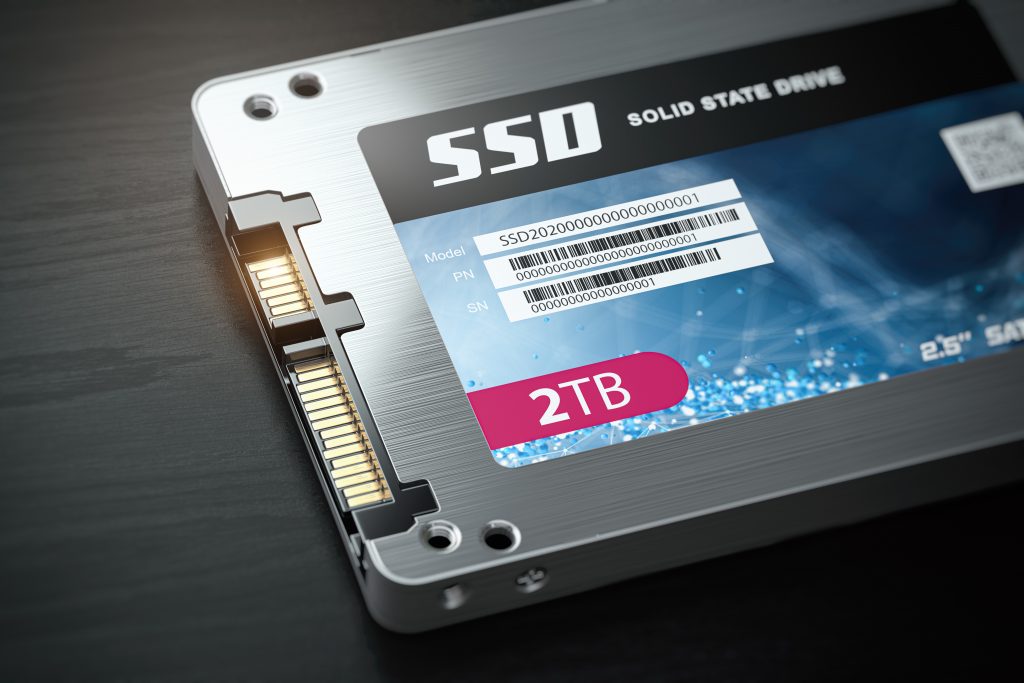
Anvils presents a comprehensive solution to all the SSD speed testing and diagnostics. It runs an in-depth scan of the SSD, and if you have a cluster of such drives, Anvil has the capability to run tests on all of them. It works for both the operating systems, Mac or Windows. Anvil’s Storage Utilities has an easy to understand interface, and it shows speeds in both the units, MBPS, and IOPS. Even though Anvil can handle speed tests for various types of drives, it holds a specialty in SSD.
3. HDTach
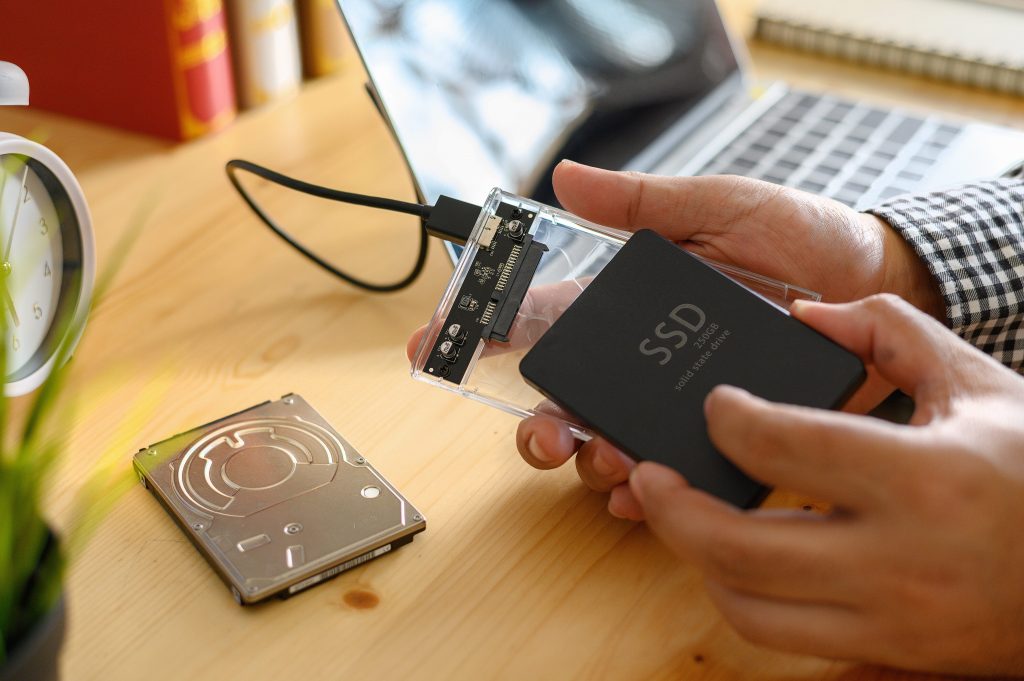
HDTach is popular because of its testing methodology. Where other SSD Speed test applications test the speed in different zones, where the data is located. HDTach bypasses this system and analyses the speed of the whole disk together. To avoid the file system that is used by other benchmarks, HDTach uses the VDX Kernel. Due to this, the reports are accurate and efficient. One more thing, unlike other SSD speed test mac applications, HDTach tests he Random Access Time along with Sequential Read.
4. MiniTool Partition
MiniTool Platform also used both the testing sequences, Sequential and Random. Further, it is a complete SSD health checkup tool and manager. Other features of this SSD speed test windows version is that you can format the drive, recover data, and infer the disk usage. Apart from checking the SSD drives, you can also use MiniTool Partition to run speed tests on RAID, HDD, and other storage devices. The resulting window is easy to decode, the information is spaced out for better understanding, and it is correctly labeled.
5. User Benchmark

Among the SSD drives, the User benchmark can detect the speeds of both the SATA and NVMe drives. Further, it can also test the drive speeds of GPU, CPU, HDD, and USB Storage. It is free, convenient to use, and can provide accurate SSD speed test data that helps analyze the system performance. Better analysis is the key to identifying any type of problems that may lead to slow performance. For better understanding, you will get a graphical representation of the speed test data with color-coded logs.
Read more: Why Do You Need An SSD For Laptop?
6. AS SSD Benchmark
As the name suggests, the AS SSD Benchmark is made explicitly for solid-state drives. The motive is to provide authentic, relevant, up to date, and accurate speeding test information to the user. This is a small tool. It is not too heavy, and you can also use the free version to get the SSD speed test results. Further, it can measure the disk speed test in two different units, MBPS, and IOPS.
7. RoadKil’s Disk Speed

There are a lot of SSD speed test windows applications for the latest operating system versions. But there are very few for the older versions. Roadkil’s Disk speed is made for the older versions. This software runs smoothly on the older versions. The interface is easy to understand and provides value to the user. One unique characteristic of this application is that when it tests SSD speed, a score is generated. You can compare this score with other SSDs to find the best drive for your system.
8. Parkdale
From network drives to SSDs and servers, Parkdale is efficient enough to analyze the diagnostics of all these drives. Parkdale can compare the test results with the speeds claimed by the parent organization. There are no separate considerations to be undertaken with SSD speed test Mac in Parkdale. The results information is provided in different speed metrics, KBPS, MBPS, or GBPS.
9. PassMark Disk Test
With the help of threaded processes, PassMark Disk Test can run speed tests on multiple SSDs and HDDs simultaneously. More importantly, it provides a detailed view of all the test results. This is a paid software, but you can also try it with a free trial. Due to its capability of processing multiple drives at once, this particular software is ideal for large scale organizations. It is fast, scalable, and can cover a lot of ground. PassMark also boasts its own dedicated ratings for different variants of disk drives that can be used as benchmarks of performance.
Read more: What Screwdriver To Open PS5 SSD
10. jDiskMark
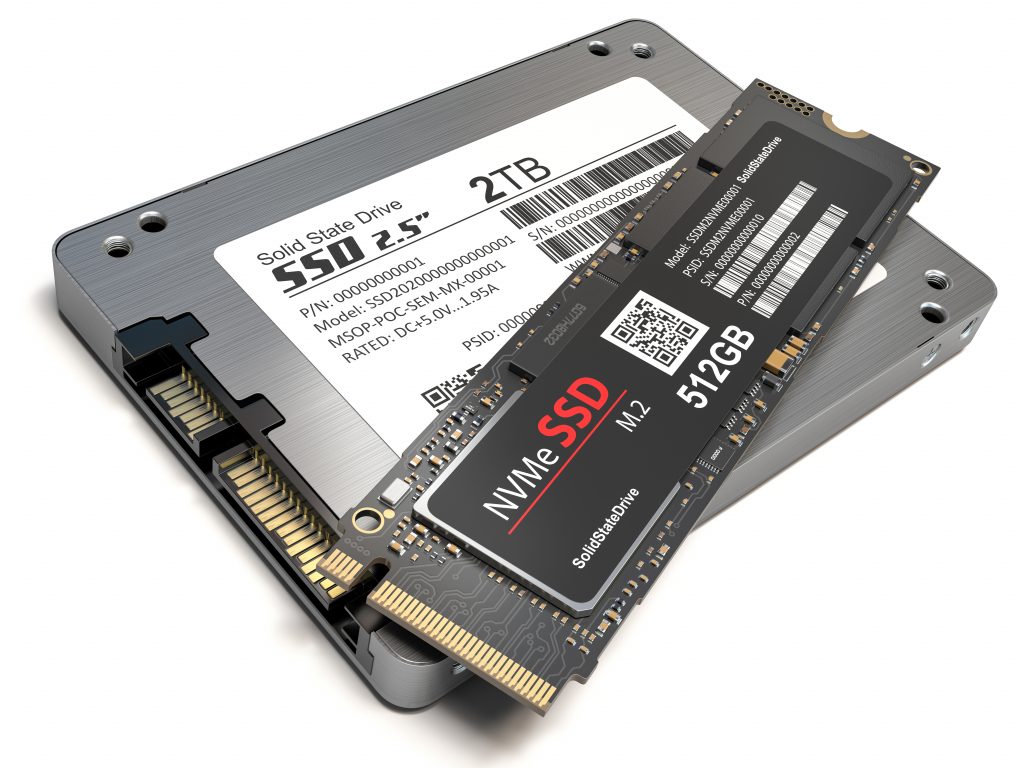
The majority of the SSD speed test applications are made for Windows or Macintosh. But, jDiskMark has been made with Java, at the time when Java was all the rage. And it has been efficient in helping companies know their SSD and HDD’s limitations. The USP of this application is that not only is it compatible as SSD Speed test windows, but it will also work on Linux based systems. There aren’t many cross-platform benchmark test applications. So, if you have systems running on different operating systems, you must give it a shot.
11. Crystal Disk Mark
If you are looking for a plain and straightforward SSD speed test application, then this is it. This application can only help you test the SSD disk and drive speeds. Crystal Disk is not decorated with features and tools. It only has one job to do, which is done with perfection. On the whole, the application is light, has a simple and intuitive interface, and easy to use. The information screen has all the necessary information.
12. Toshiba SSD Utility

This SSD speed test mac or windows version is made to analyze and inspect OCS SSDs. Among the information available to the user, there is disk’s health, leftover storage, remaining life, and performance overview. All this data is available in real-time. Other than this, you can also use Toshiba SSD Utility as a drive manager. Through the manager, you can also switch between different operational modes. However, it must be noted that this SSD speed test windows version will not work on 32-bit systems.
13. Intel SSD Toolbox
This is a dedicated SSD Speed Test application that works best with the Intel SSD disks. More importantly, it can help you analyze the SSD health and inspect its remaining health. You can run comprehensive diagnostic tests of your Intel SSD from the application. In addition to this, you can also upgrade the drive firmware. This will help get deep insights into the health and performance of the drive.
Maintaining SSD speed and ensuring its higher performance is essential for long life. These SSD speed test applications help the user get insights into the performance metrics of the drive. Based on the results, we can make the required changes. Hence, having an efficient test application will be helpful.
Was this page helpful?
At Storables.com, we guarantee accurate and reliable information. Our content, validated by Expert Board Contributors, is crafted following stringent Editorial Policies. We're committed to providing you with well-researched, expert-backed insights for all your informational needs.
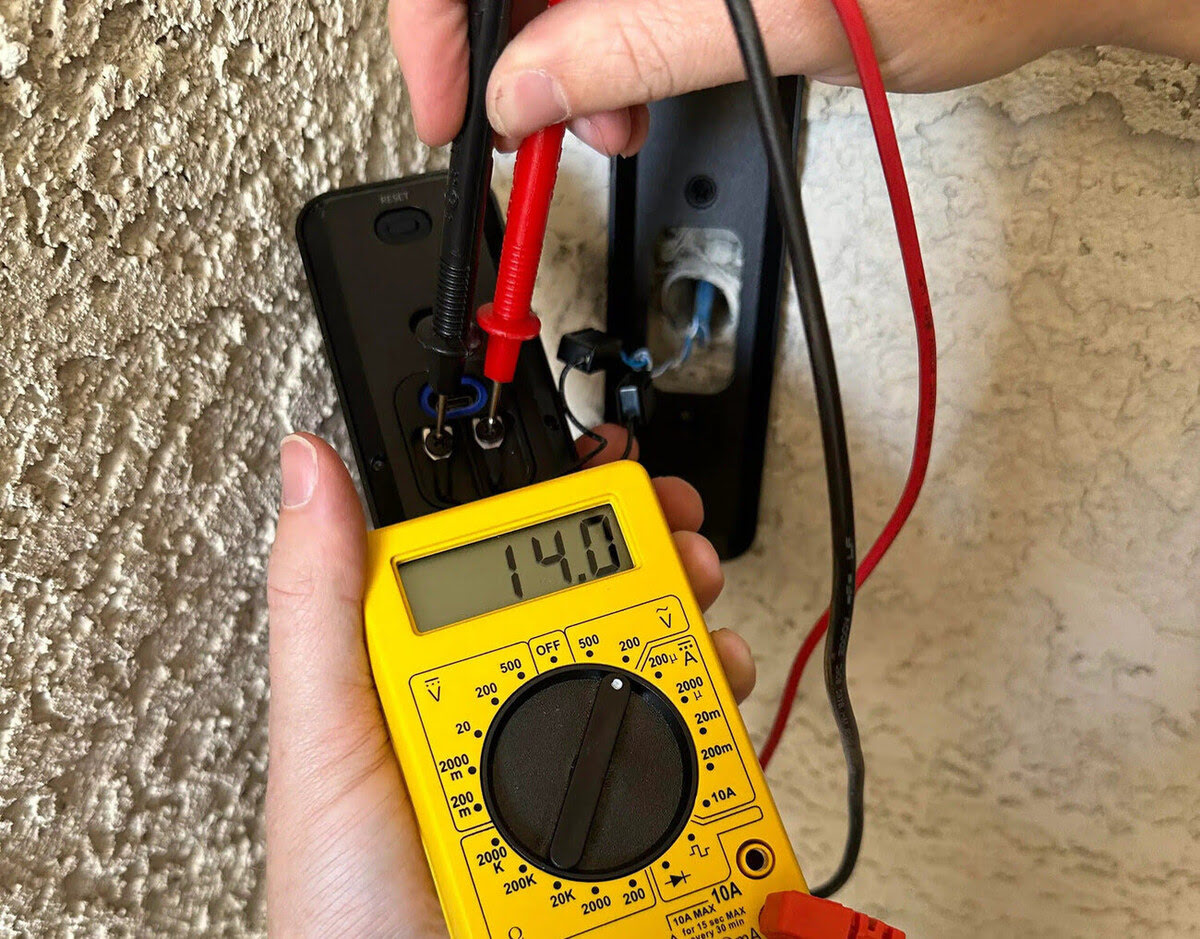
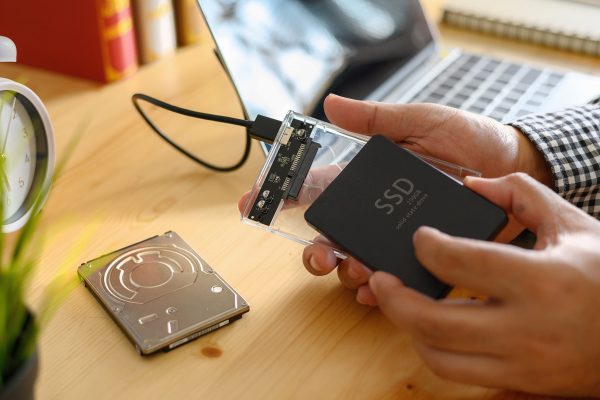
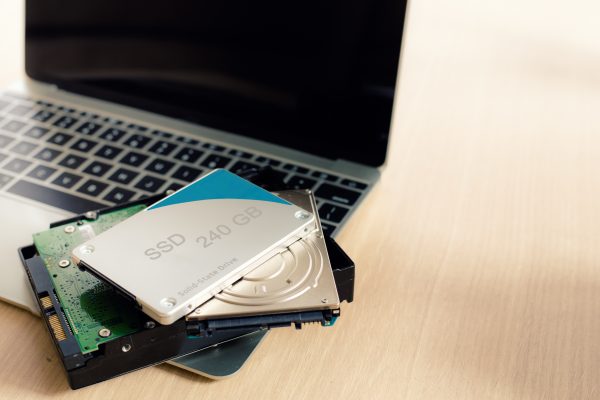
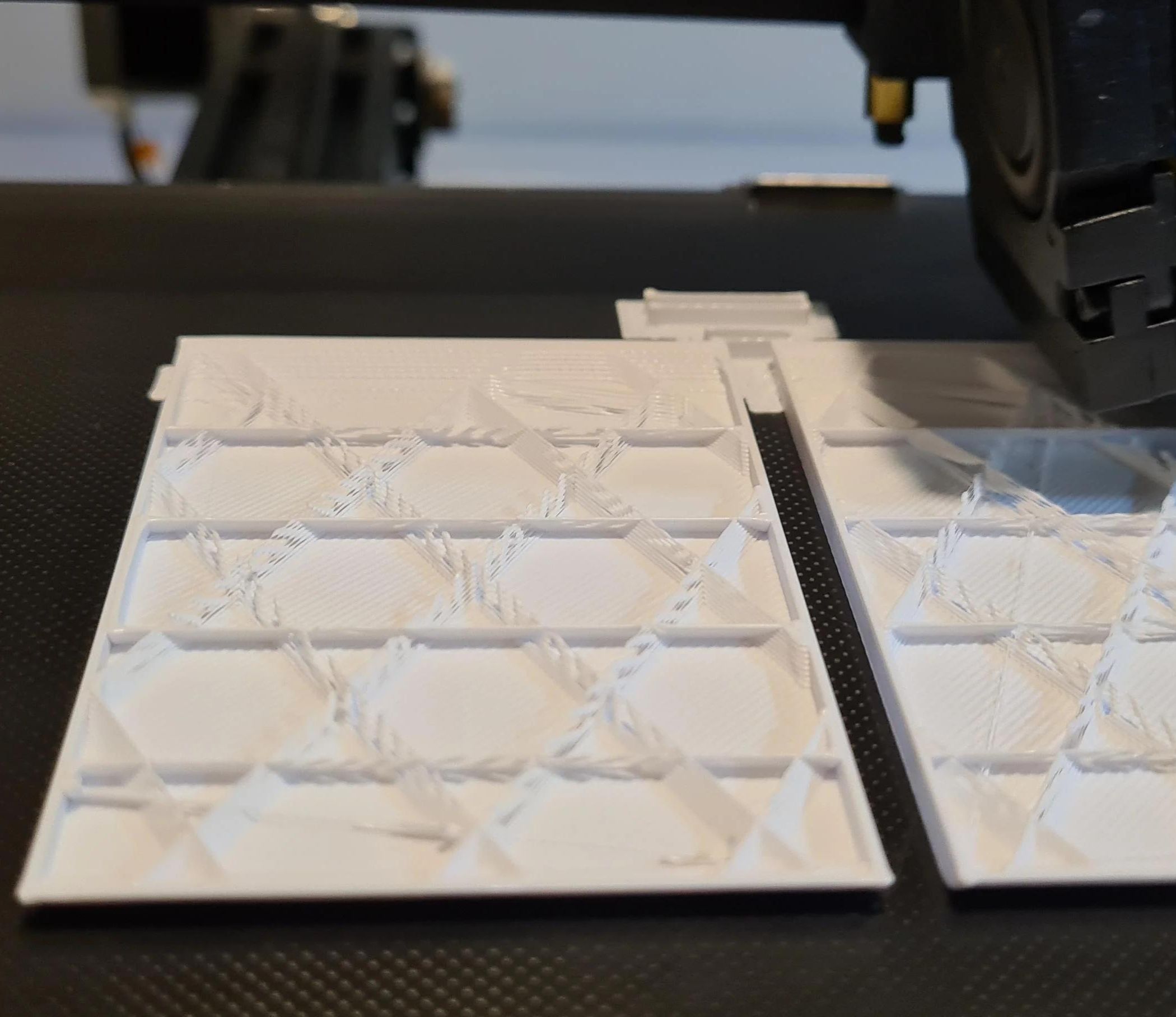

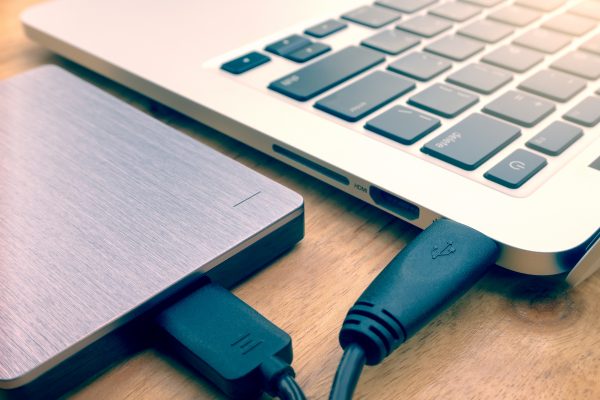
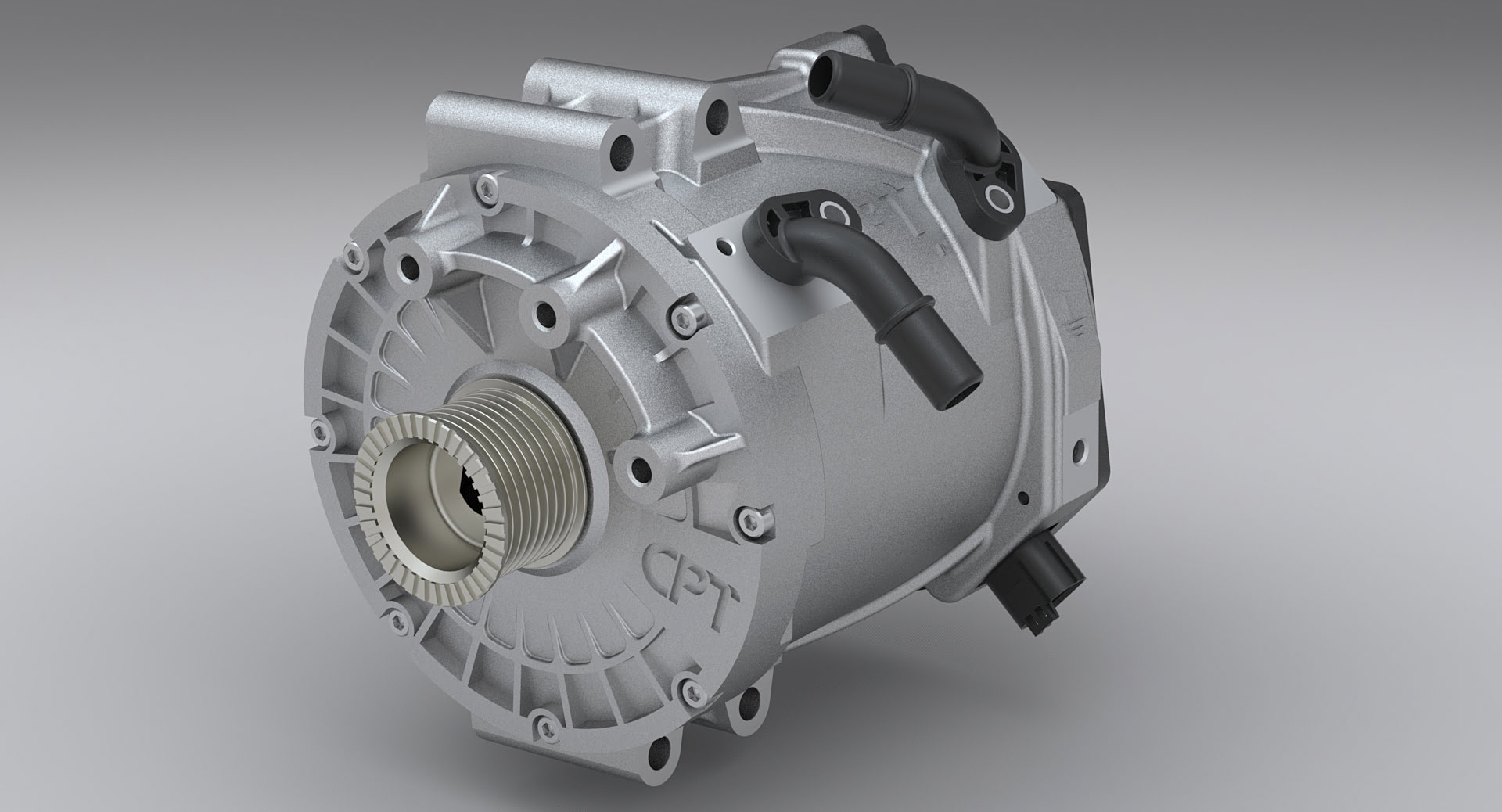
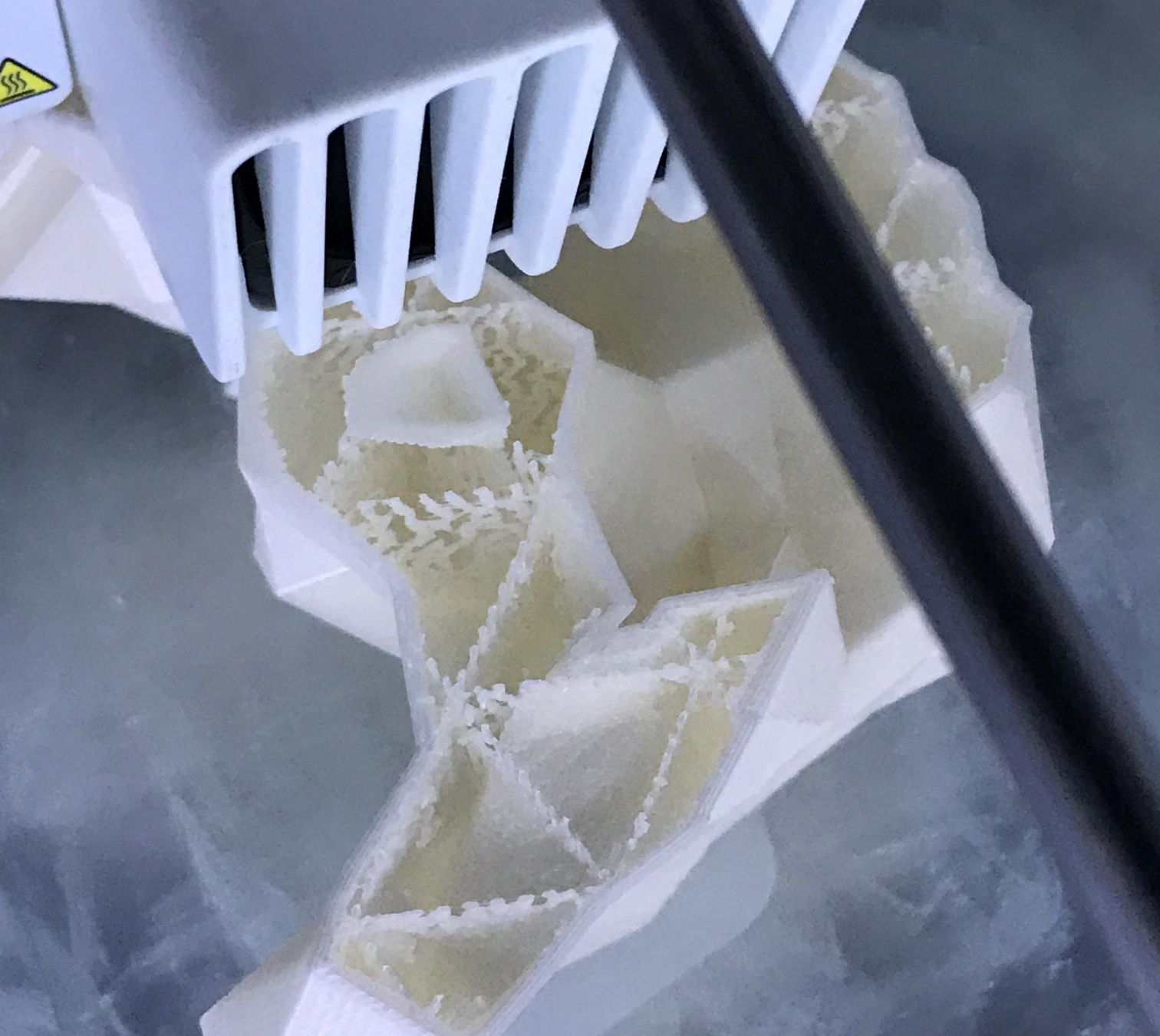




0 thoughts on “13 Top Applications To Run An SSD Speed Test”